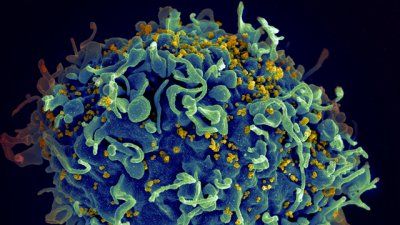Injectable Therapy Is ‘Magic’ for Those Who Can’t Take HIV Pills
Patients who struggle to take daily HIV pills can benefit from long-acting injectable treatments, a new study by researchers at UC San Francisco has found.

University of California San Francisco
Give to UCSFPatients who struggle to take daily HIV pills can benefit from long-acting injectable treatments, a new study by researchers at UC San Francisco has found.

The quest to defeat HIV/AIDS didn’t just turn a deadly virus into a manageable condition. It transformed science and health care.

A new study on doxy-PEP sheds light on whether people who are regular users become resistance to this treatment, which often serves as a “morning after” pill to prevent sexually transmitted diseases.
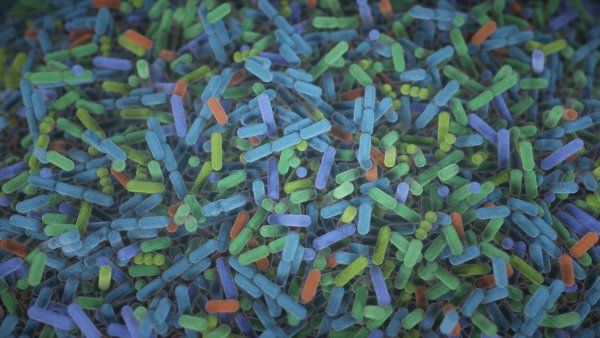
Results from a national study led by UCSF informed the first guidelines at the federal level in the U.S. to detect and treat anal cancer precursor lesions in people with HIV to reduce the risk of developing anal cancer.

The COVID-19 pandemic slowed previous gains made in controlling HIV blood levels and worsened health disparities.
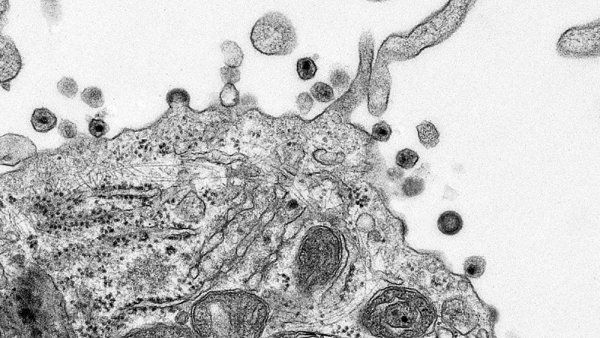
A new report from the Lancet Commission on tuberculosis releases recommendations, providing a path forward to turn the tide on this preventable, treatable and curable disease.

Taking daily medication can be a challenge for many, leading to increased viral load over time. Injectable therapies remove that challenge.
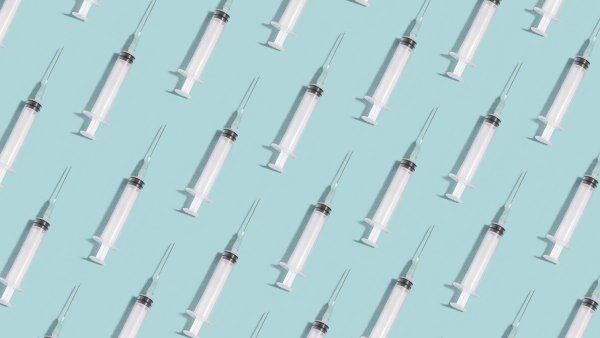
A short course of antibiotics, Doxy-PEP, can prevent some STIs after condomless sex.

A sexual health strategy called Doxy-PEP, which involves taking doxycycline after condomless sex, is highly effective in reducing bacterial STIs but is still associated with a limited rise in resistant strains of bacteria.
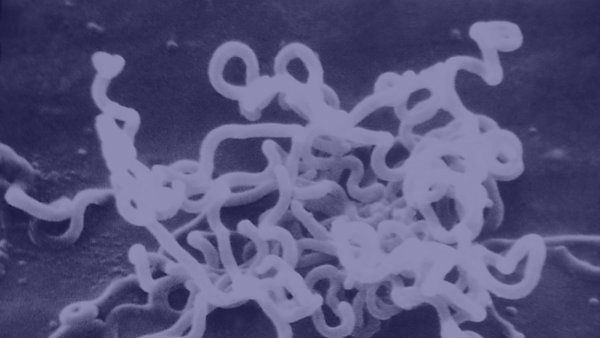
Three UCSF researchers were named 2022 fellows by the American Association for the Advancement of Science (AAAS), one of the highest honors in science.
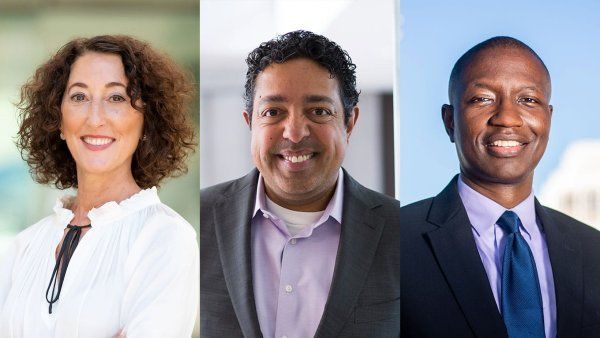
Since 1983, Ward 86 has played a revolutionary role in HIV/AIDS treatment, and continues to develop ways to care for people living with HIV.
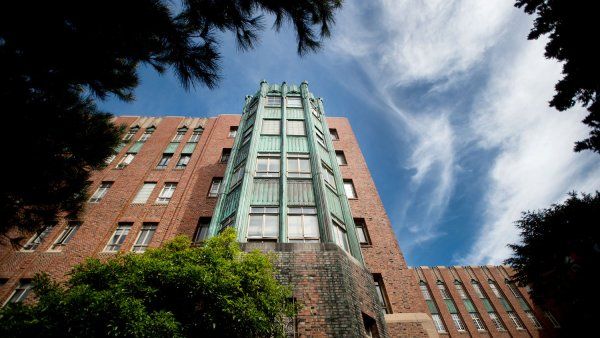
People who identify as lesbian, gay, bisexual, transgender or non-binary may have a higher risk for stroke at a younger age, and possibly a higher risk for recurrence than those who identify as straight and cisgender.
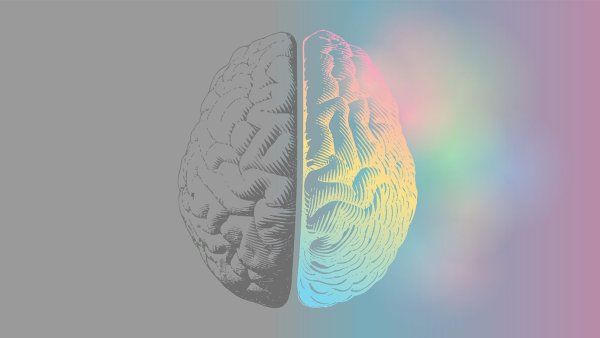
A significant proportion of bacterial sexually transmitted infections – gonorrhea, chlamydia, or syphilis – were prevented with a dose of doxycycline after unprotected sex, according to preliminary results of a clinical trial.

A groundbreaking national study led by UCSF finds that treating anal cancer precursor lesions reduces cancer risk for people with HIV.
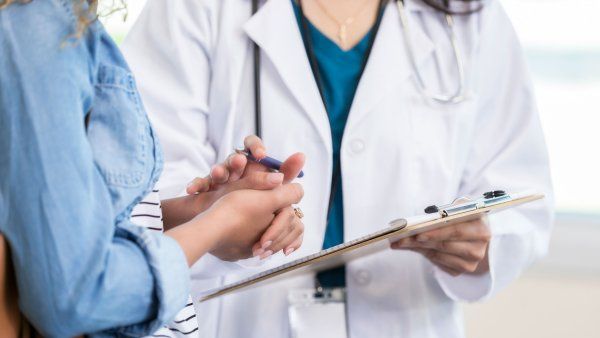
Scientists at UCSF and Makerere University in Kampala, Uganda have developed an intervention that makes use of a portable laboratory testing technology to help HIV providers order, process, and receive HIV viral load results quickly, and shorten the time it takes for patients to get their results.
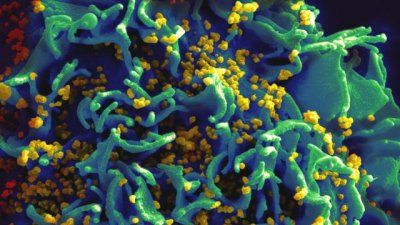
Individuals with HIV are more than twice as likely to die from sudden cardiac death (SCD) compared to the general population, and more likely to have hearts compromised by fibrosis, a factor that may play a role in increasing their susceptibility to SCD, according to new findings from a UCSF study.
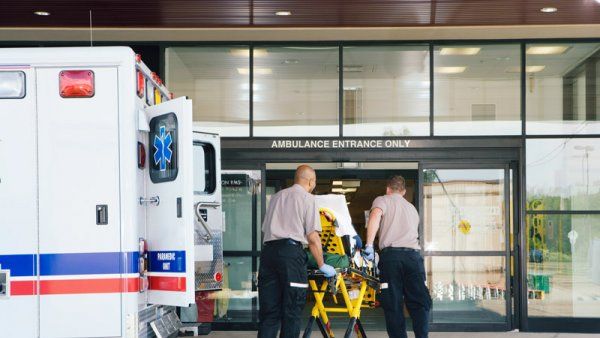
This story is one in a series of first-person perspectives from those who are working on the frontlines to better understand, treat and prevent transmission of HIV and AIDS as well as COVID-19. You
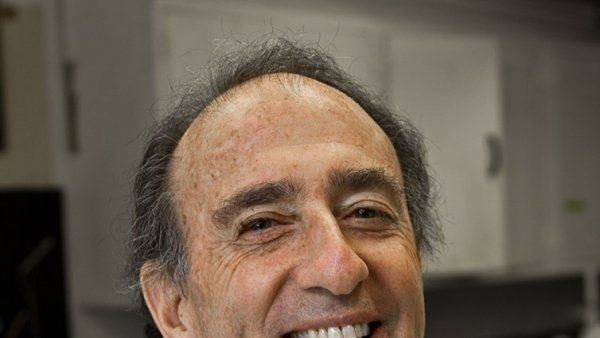
This is one of the first-person perspectives from those who are working on the frontlines to better understand, treat and prevent transmission of HIV and AIDS as well as COVID-19.
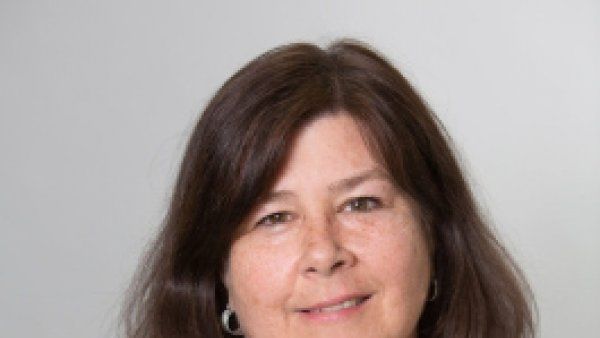
This story is one in a series of first-person perspectives from those who are working on the frontlines to better understand, treat and prevent transmission of HIV and AIDS as well as COVID-19. You
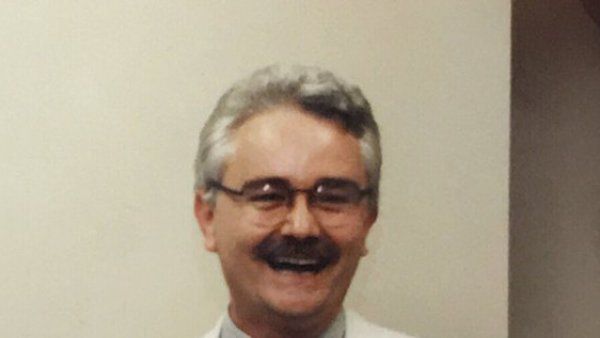
This story is one in a series of first-person perspectives from those who are working on the frontlines to better understand, treat and prevent transmission of HIV and AIDS as well as COVID-19. You
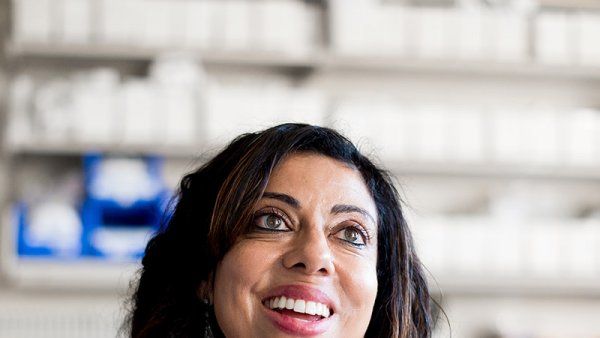
In 1981, a mysterious illness began overwhelming the San Francisco community. Since those early days of the epidemic, UCSF has steadfastly been at the forefront of patient care, research and community partnerships in the battle against HIV and AIDS.
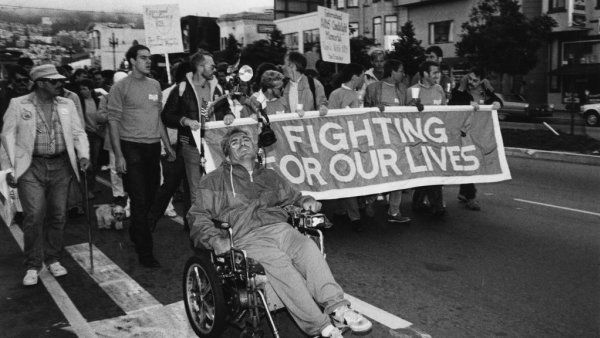
This story is one in a series of first-person perspectives from those who are working on the frontlines to better understand, treat and prevent transmission of HIV and AIDS as well as COVID-19. You
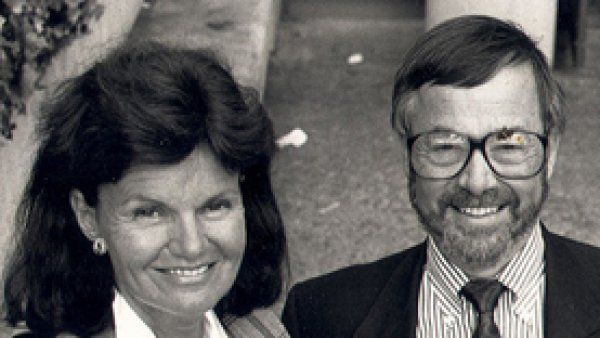
Over the past four decades, UCSF has led the way in its heroic response to the AIDS epidemic, both locally and globally. This timeline covers some of the highlights at UCSF, in the nation and around the world after a mysterious disease affecting gay men was first reported on June 5, 1981.
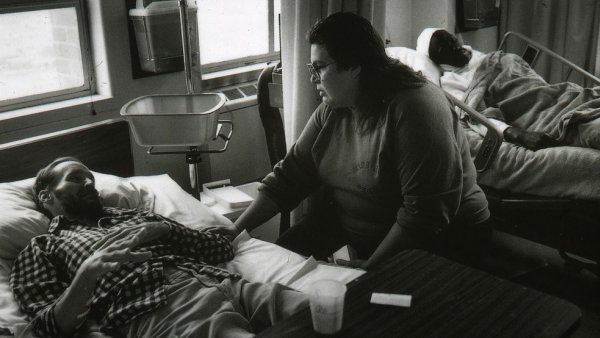
This story is one in a series of first-person perspectives from those who are working on the frontlines to better understand, treat and prevent transmission of HIV and AIDS as well as COVID-19. You
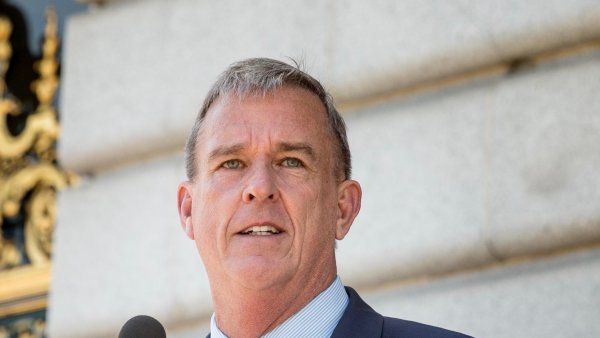
This story is one in a series of first-person perspectives from those who are working on the frontlines to better understand, treat and prevent transmission of HIV and AIDS as well as COVID-19. You
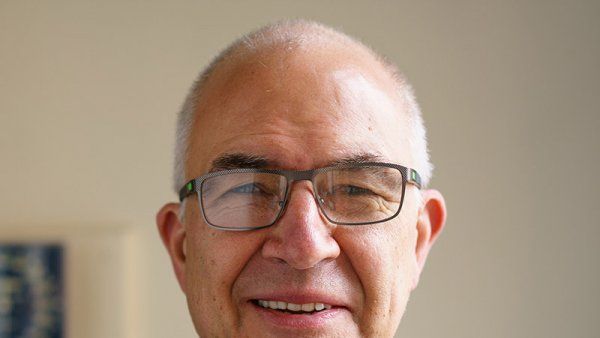
There is a big, global problem: viruses such as HIV and COVID-19 mutate, but treatments for them don’t.
